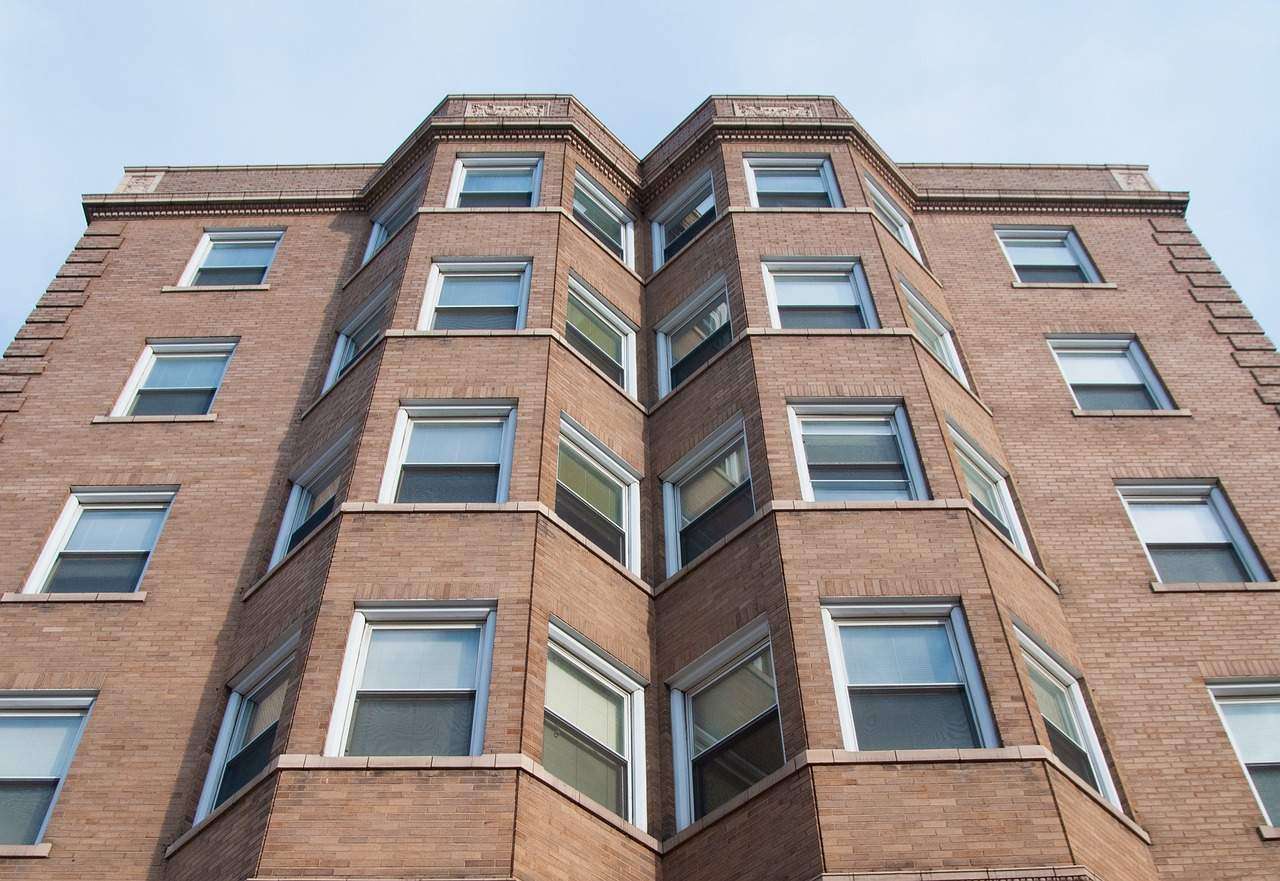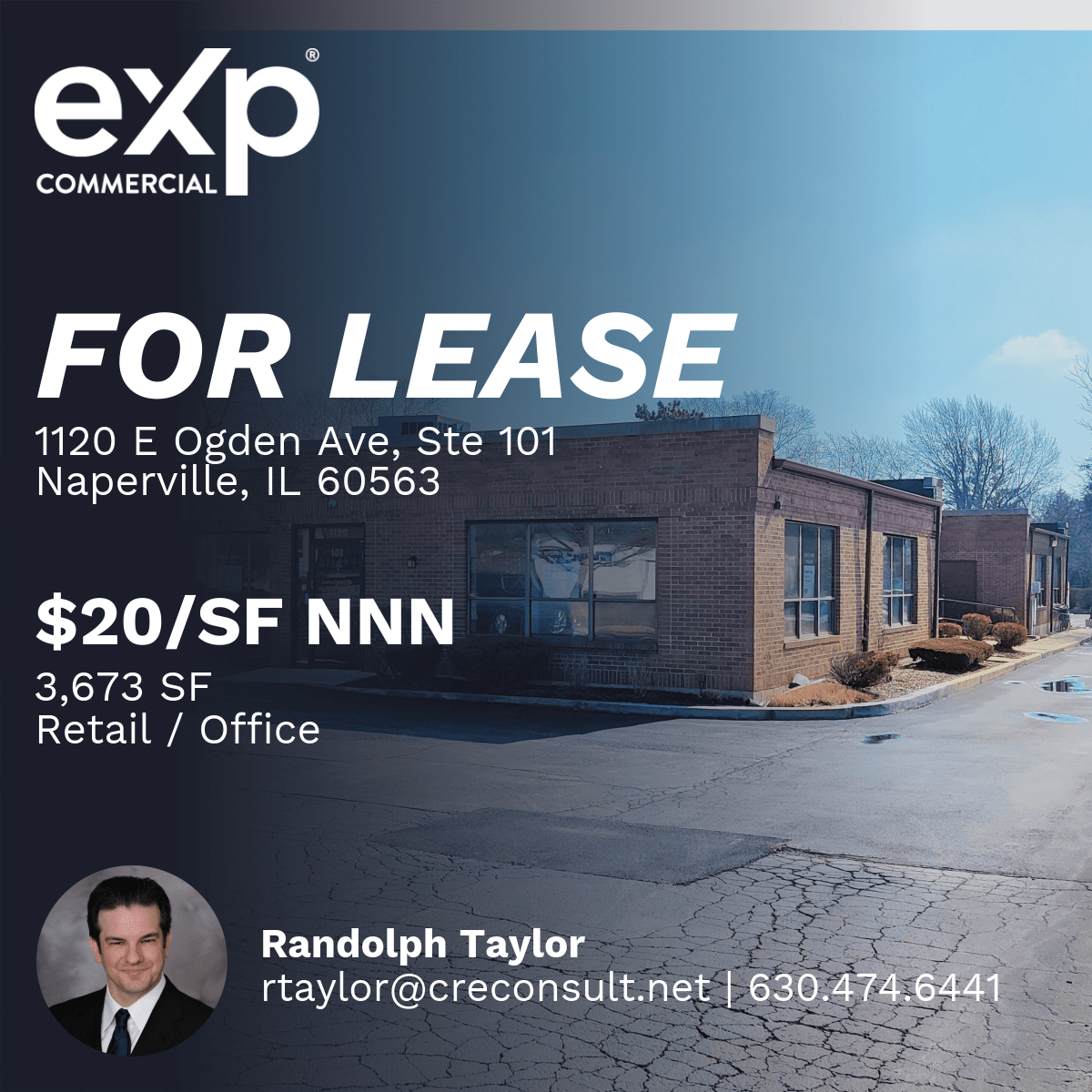
Everyone Looks Good When CRE Is Doing Well. But What Happens When Things Get Ugly?
Where do smart investors put their money when the commercial real estate market is “pretty ugly”?
Walker & Dunlop CEO Willy Walker put that question to his three guests on this week’s Walker Webcast: Walker & Dunlop’s Ivy Zelman, executive vice president of research and securities; Kris Mikkelsen, executive vice president of investment sales; and Aaron Appel, senior managing director and co-head of New York capital markets.
Walker started the conversation by asking Zelman, co-founder of residential market analysts Zelman & Associates, to comment on her recent transaction survey that contained “some pretty depressing numbers” on the multifamily market and showed overall negative investor sentiment.
Zelman said the situation may change somewhat by the time she releases her November study this month but confirmed: “the October numbers were, no question, pretty ugly.”
“The metrics were across 12 years of data and were probably some of the worst metric results that we've seen,” Zelman said.
She noted that in the current economic maelstrom, underwriting has become much more stringent and rent assumptions more conservative, and the cost of capital has risen.
As a result, “It feels like the transaction market has come to a bit of a halt,” Zelman said.
Walker’s two other colleagues also painted a not very pretty picture of the state of CRE.
“It’s been an exceedingly challenging six months, as I think everyone that's listening to this call knows,” Mikkelsen said. “I would agree with some of the findings from Ivy’s report, particularly that the seller supply index is very, very low right now.”
He noted that transactions continue to get done, but that any optimism that may have blossomed in August around improving job numbers and other positive benchmarks ended the following month when it became clear that the Federal Reserve was maintaining its hawkish stance on inflation.
Appel noted that while the current environment is painful, not all CRE players are experiencing it in the same way.
“I think it depends on what you're doing,” he said. “For core, core-plus and value-add multifamily assets, there's plenty of liquidity, it just costs more. I think it's a cost of funds issue relative to what value is or what people are willing to pay. If their borrowing costs have increased substantially, then they need to pay less for the asset unless the revenues are going up, and clearly, revenues seem to have frozen in most markets.”
In light of this turmoil, Walker asked the panel what smart money is doing today.
Mikkelsen discussed a recent transaction involving “one of the savvier opportunistic investors in the market,” who was able to pay a good price for a multifamily asset that sits in a great neighborhood.
“They bought a phenomenal basis in the right location, and they've got the ability to hold that asset for the next five to 10 years,” Mikkelsen said. “This group has been doing 10-year floating rate debt and then hedging out or swapping the rate for the first five years to get them on the other side of the turbulence in the rate environment. So I think that's a pretty smart play.”
Zelman noted some CRE players see opportunities to acquire other businesses.
“I think that the smart money right now is taking advantage of the weaker players in the market that are not well-capitalized,” she said. “D.R. Horton announced an acquisition this week, and I imagine they got this builder at a pretty attractive price. I think that there's no question that to capitalize on those companies that are not well-positioned and have too much leverage, and to take advantage of good locations would be what the smart money will do.”
Appel noted that multifamily represents a greater share of the CRE market today, and going forward, “it’s going to be 50% of the market permanently.” At the moment, multifamily and industrial are the CRE asset classes that hold the most promise, he said.
“I would say that the smart money should be looking to buy multifamily at break-even leverage based on where today's rates are and to lock in what I would deem to be seven-year financing, with the ability to get out after five,” he said.
Appel said the Fed cannot keep interest rates elevated for an extended period. This bodes well for CRE investors who are willing to play the long game, he said.
“If you can buy break-even leverage in good rental markets where there's gonna be demand drivers and eventual employment drivers back on the horizon, and some level of supply constraint, I think you're gonna be a huge winner five, six years from now,” Appel said. “I think there's tremendous opportunity there.”
Source: Everyone Looks Good When CRE Is Doing Well. But What Happens When Things Get Ugly?
https://www.creconsult.net/market-trends/everyone-looks-good-when-cre-is-doing-well-but-what-happens-when-things-get-ugly/





